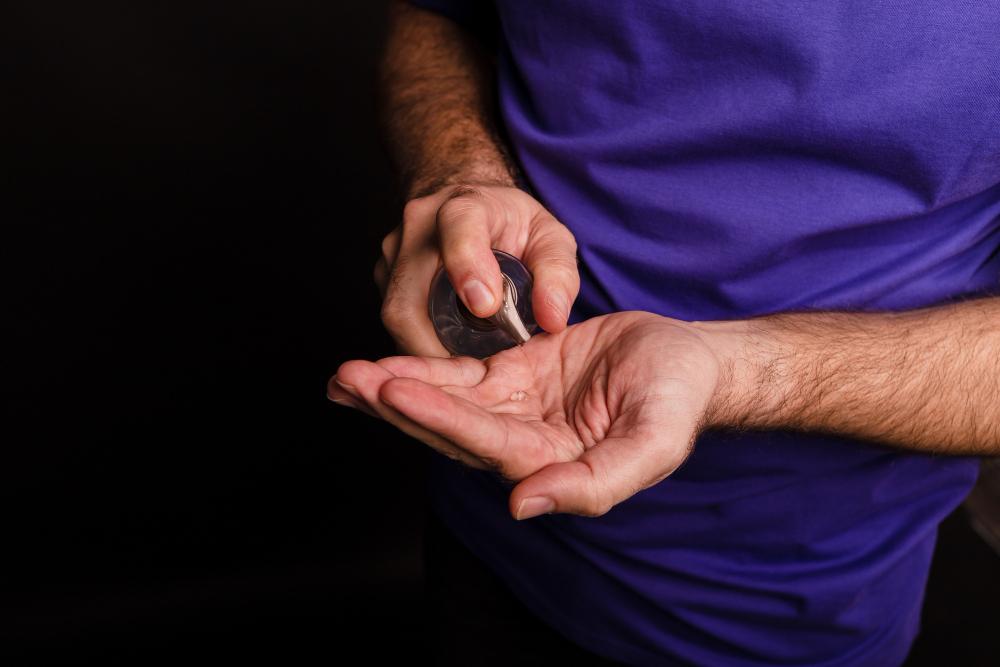Notifications

5 minutes, 17 seconds
-382 Views 0 Comments 0 Likes 0 Reviews

Entering a rehabilitation program can be a life-changing decision for individuals struggling with substance abuse or addiction. However, the uncertainty of what lies ahead may feel overwhelming. Understanding what to expect during a rehabilitation program can ease anxiety and help individuals prepare for the journey to recovery. Whether you are considering inpatient or outpatient treatment, knowing the steps involved can provide clarity and confidence.
The first step in any rehabilitation program is the initial assessment. During this stage, medical professionals and addiction specialists evaluate the individual's physical and mental health, substance use history, and personal circumstances. The assessment helps in creating a personalized treatment plan tailored to the individual's needs.
Key aspects of the initial assessment include:
Medical and psychological evaluation
Discussion of substance use history
Identification of co-occurring disorders
Setting treatment goals
Following the assessment, the individual is admitted into the program, where they begin their recovery journey in a structured and supportive environment.
For many individuals, the first phase of rehabilitation involves detoxification, commonly known as detox. This process helps rid the body of harmful substances while managing withdrawal symptoms. Depending on the severity of addiction, detox can last from a few days to a couple of weeks.
During detox, medical supervision ensures safety and comfort, reducing the risk of complications. Some common withdrawal symptoms may include:
Nausea and vomiting
Sweating and chills
Anxiety and irritability
Insomnia and fatigue
Medical professionals may administer medications to alleviate withdrawal symptoms and make the process more manageable.
Once detox is complete, the core of rehabilitation begins—therapy and counseling. These sessions aim to address the underlying causes of addiction and equip individuals with coping strategies for a sober lifestyle.
One-on-one therapy sessions with a counselor or psychologist help individuals explore their personal triggers, past trauma, and emotional challenges. Cognitive Behavioral Therapy (CBT) and Dialectical Behavior Therapy (DBT) are commonly used approaches to modify negative thought patterns and behaviors.
Group therapy provides a supportive community where individuals can share experiences and learn from others facing similar struggles. Peer support plays a crucial role in recovery by fostering encouragement and accountability.
Addiction affects not just the individual but also their loved ones. Family therapy sessions help rebuild trust, improve communication, and educate family members on how to support the recovering individual.
Recovery is not just about overcoming substance use; it also involves developing skills to maintain a fulfilling, substance-free life. Many rehabilitation programs incorporate life skills training, which includes:
Stress management techniques
Healthy communication skills
Financial planning and employment readiness
Time management and goal setting
Relapse prevention strategies are also an integral part of the program. Individuals learn how to identify triggers, develop healthy coping mechanisms, and build a strong support network to sustain long-term sobriety.
Recovery does not end when an individual completes a rehabilitation program. Aftercare is essential for maintaining progress and preventing relapse. Many rehab centers offer continued support through:
Outpatient counseling sessions
Support groups such as Alcoholics Anonymous (AA) or Narcotics Anonymous (NA)
Sober living environments
Ongoing mental health treatment
Having a solid aftercare plan ensures individuals remain on track and continue receiving the support they need.
A rehabilitation program provides a structured and supportive approach to overcoming addiction. From initial assessment and detox to therapy and aftercare, each stage plays a vital role in recovery. Understanding what to expect can help individuals feel more prepared and motivated to take the first step towards a healthier life. If you or a loved one is seeking professional help, consider reaching out to Nasha Mukti Kendra in Jammu, where expert care and guidance can make the journey to sobriety smoother and more effective.

